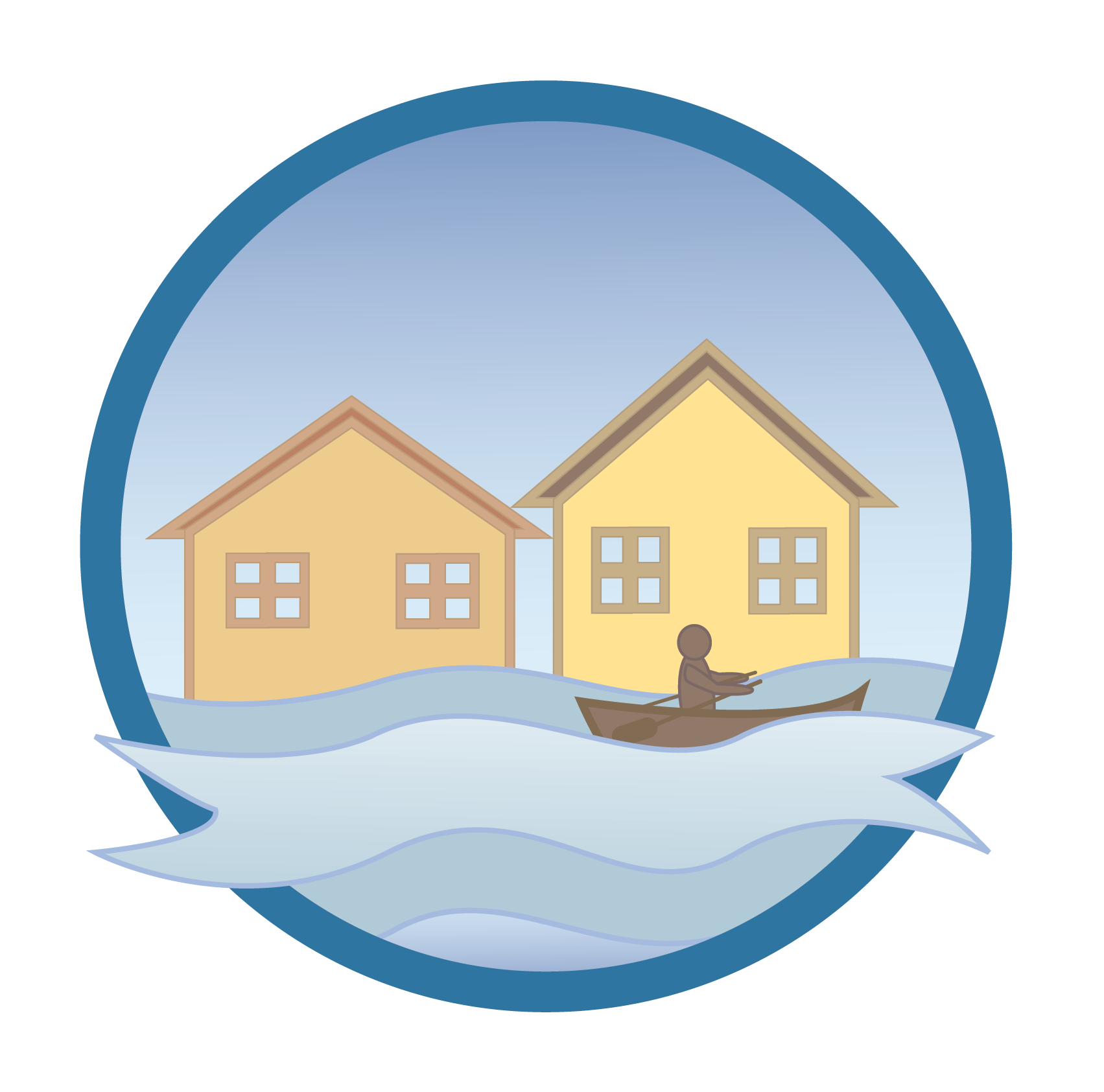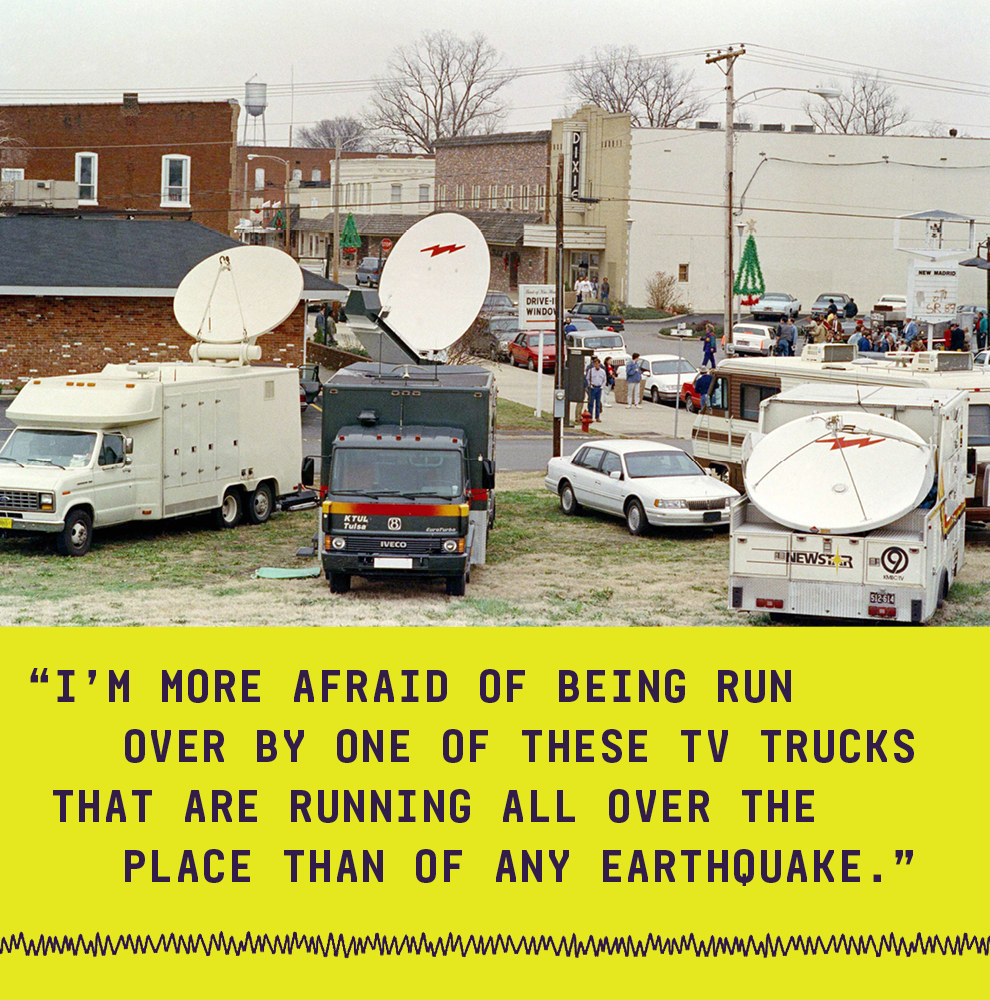In August, we took a look at how this winter’s El Niño was shaping up. While most predictions pointed to an El Niño comparable with 1997 (the worst on record), some were predicting that a “Godzilla El Niño” was on its way. Now that we’re in the midst of it, let’s take a look at how El Niño has shaped up.
Topics: Floods, Flood Insurance, Risk Management, Hurricane
First off, Happy New Year to everyone with an interest in nat cat analytics for insurance.
To kick off 2016, The Risks of Hazard would like to address the biggest single problem faced by the insurance industry as a whole. Is it the coverage gap? Is it inaccurate data or analytics? Is it the need to transition to the cloud? Nope – those are minor by comparison.
According to the U.S. News Millennial Report 2014 (cheers to The Actuary for reporting it), 22% of the largest demographic likely to buy insurance in the coming decade claim to somewhat understand insurance. Yes – 78% of people in their 20s and early 30s don’t even somewhat understand insurance. Yikes.
Topics: Flood Insurance, Property Insurance, Flood Risk
With my last blog post of 2015, it’s time to honor the tradition of making predictions for the coming year. It is an especially fitting way for Risks of Hazard to end the year since we explore underwriting analytics that help underwriters understand the chances of something happening in the future.
Topics: Flood Insurance, Natural Catastrophe
One of the key attributes of a flood model is the Base Flood Elevation, or BFE. It represents the elevation of the water surface during a perfectly calm flood of precisely defined annual probability – in other words, it’s a fiction. Happily, it is a very useful fiction.
The context in which most people are familiar with BFE is through the FEMA FIRMs. For many (but not all) Special Flood Hazard Areas (SFHAs), FEMA publishes a BFE – i.e. the elevation of the water during a flood that would mimic the relevant A or V zone. To obtain a Letter of Map Change from FEMA, and to be excused from the regulations governing a property within an SFHA, a homeowner needs to demonstrate that their ground floor elevation is above the BFE. In other words, a 1% flood would not get their front door wet.
Topics: Risk Management, Flood Modeling, Risk Models
Last week BuzzFeed ran a piece on the New Madrid Seismic Zone, a sometimes-forgotten and sometimes-remembered seismic zone in the middle of the United States that could potentially cause over $100B in damage. We took a look at New Madrid earlier this year (though at that time, I couldn’t pronounce New MAD-rid properly), specifically at how only 20% of the homes in the exposed region are insured for quake based on work by Swiss Re.
The BuzzFeed article, The Day the Earth Stood Still by Thomas Gounley, looks at a day 25 years ago this month when the big earthquake was predicted to hit the area. The article is not about geology or seismology, per se, but rather how a certain Iben Browning predicted (with 50% certainty!) that an earthquake would hit New Madrid on December 3, 1990. Needless to say, nothing happened. The article describes the media circus and shows the fun people had on their marquee signs, as well as taking a look at the underlying science of the fault zone.
Topics: Property Insurance, Earthquake





